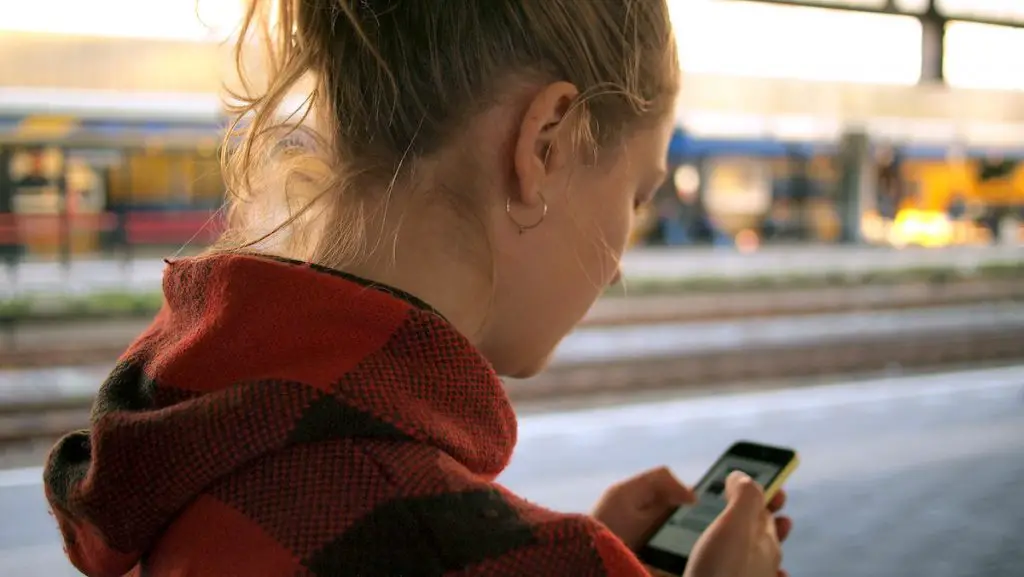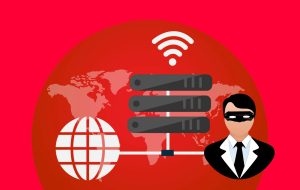Where there’s a smartphone, there’s probably free Wi-Fi nearby as well. Free Wi-Fi is great for most of us – me included – as we don’t want to burn a hole through our data or our pockets. Nowadays, staying connected to the world through our smartphones, tablets and on-the-go gadgets has become our way of communicating with one another. But, what does the average user know about online safety?

In Q1 of 2017, global population stood at an estimated 7.519 billion humans. Of those, some 3.74 billion (49.7%) are connected! And many of those are connected through the roughly 6 million free Wi-Fi hubs you’ll find in every city, town and, often, village. Yep, including your local Maccas! In fact, you can find an internet connection through Wi-Fi almost anywhere and be connected instantly.
But, do we really know how safe we are when using free Wi-Fi in public places? Actually, most of us know there’s a risk, yet we don’t seem to do much about it, according to a recent report on the use of free Wi-Fi.
Who’s at risk?
Everyone who uses an unsecured Wi-Fi connection is at risk. In this sense, it means if a connection doesn’t require a password that is encrypted via Wi-Fi Protected Access (better known as WPA/WPA2), your at serious risk. You’re vulnerable to being hacked or at least you’re opening the gates to the information stored in your gadgets to cybercriminals?
Despite the obvious and real risks that many of us are aware of, many of us still don’t take the necessary precautions to become as secure as possible.
The report, researched and written by global security firm, Norton says that at least 75 percent of public Wi-Fi users don’t use a Virtual Private Network (VPN) to help secure connections. This creates a risk for many of us because there is a perceived invisibility and a dependency on our end. For instance, as an adult, logging into an email account or checking your bank account may be essential. However, when connecting through an unsecured Wi-Fi connection, we are actually sending data packets into the ether where cybercriminals can access and store those packets. Imagine the details of your bank accounts, photo library or other things – considered private on your phone – being posted online or distributed through the dark web. How would you feel?

And it’s not just adults at risk. It is anyone, of any age, not just those who love to use social media and post updates. Think of all those kids using tablets in airports, restaurants and even hotels to play their favourite online games!
So, how do we keep ourselves safe online?
Practicing online safety
There are several ways to make sure that the information you have on your phone doesn’t fall into the wrong hands. Here are some ways you can protect yourselves online while on the go, according to AARP.org.
When using your smartphone or tablet on an unsecured network:
- remember that you shouldn’t use it for online banking or shopping.
- don’t send sensitive information like emails or photos.
- use sites that offer “https” encryptions at the beginning of a page URL.
- don’t use mobile apps without a VPN.
When using your laptops:
- use free add-ons like “Force-TLS and HTTPS-Everywhere” to force encryptions on sites that don’t use it.
- use a two-factor authentication. If someone gets hold of your username and password, they won’t be able to access them without physically having your phone in hand.
- use Google Chrome’s incognito mode when browsing, so your sensitive information won’t be saved.
- turn off the Sharing capabilities.
- you should also consider using a fast VPN service.
The cyber world is a big place; and although this list is far from complete, these tips should be enough to cover the basics in safely using public Wi-Fi connections. If it helps, consider why it’s important for you to be on a strong Wi-Fi connection and what will be at risk if you do connect.
Do you use a VPN? If not, how do you ensure your connections are secure when on a public Wi-Fi facility?






